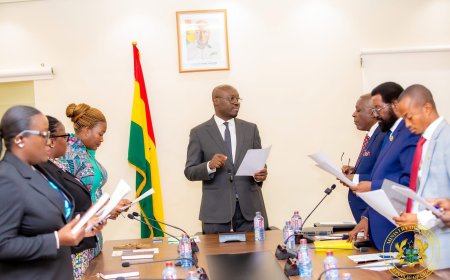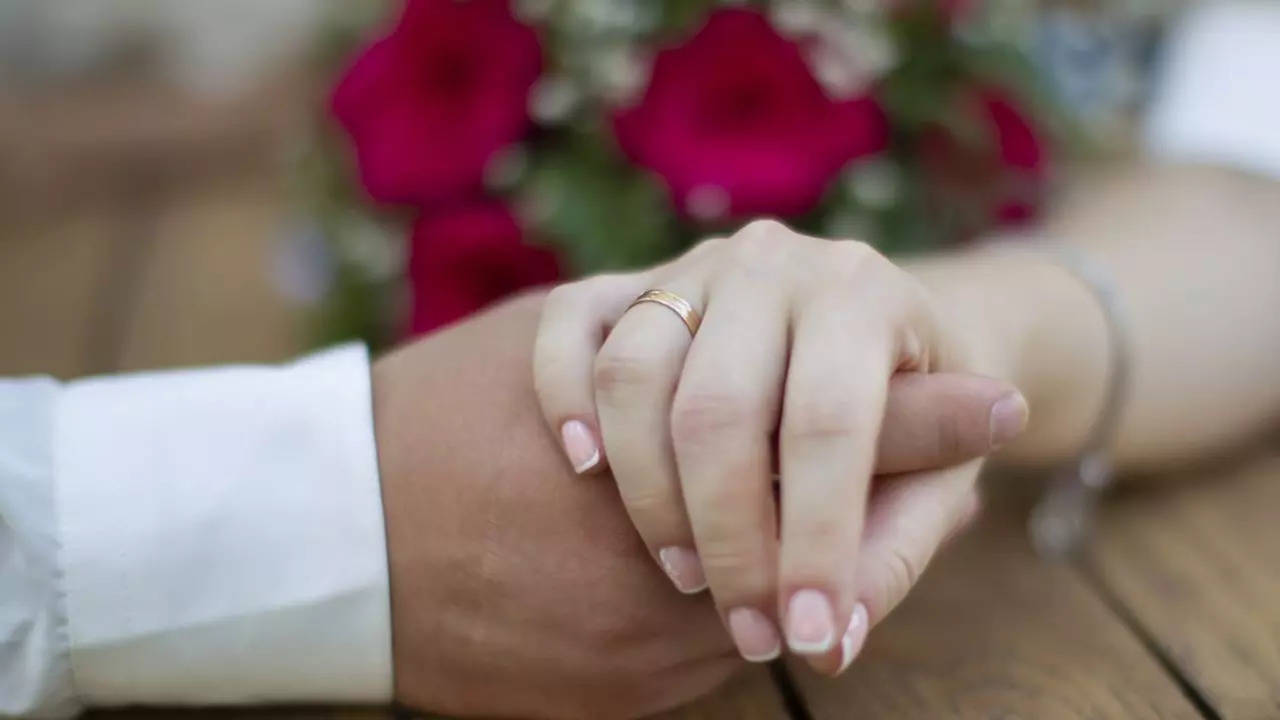“I Love You” may fuel domestic abuse in Ghana, KNUST researcher argues in new study

The phrase "I love you," often a foundation of relationships, might inadvertently contribute to intimate partner violence.
In Ghana, love is frequently perceived as an emotion, a transaction, or a form of possession. This conventional understanding, it's suggested, may be perpetuating the very abuse it aims to prevent, a Kwame Nkrumah University of Science and Technology (KNUST) researcher, Dr. Charles Prempeh argues.
Dr. Prempeh, from KNUST's Centre for Cultural and Africa Studies, posits that shifting from "I love you" to "I need you," acknowledging our fundamental incompleteness, could be pivotal in mitigating domestic abuse. This is particularly relevant after pandemic lockdowns, which exposed the dangers of romantic ideals within confined spaces.
During COVID-19 lockdowns, Ghana witnessed a surge in domestic violence, mirroring global trends. News reports documented spousal abuse, emotional torment, and even fatalities, all occurring under the guise of love. While patriarchal norms, economic dependence, and cultural practices are often cited as catalysts for abuse, the pandemic revealed a deeper issue: the problematic nature of romantic love itself.
Dr. Prempeh, in his research, interviewed University of Ghana students between 2019 and 2022, revealing how love often operates as an implicit contract, a bargaining tool laden with expectations and power imbalances. In his paper published in the 2025 edition of the journal of Science and Technology, he argues: “The phrase "I love you," for all its tenderness, centers the self rather than the other, framing love as something one conditionally gives rather than as a mutual necessity.”
He suggests that viewing a partner as existentially necessary, expressing "I need you" instead of "I love you," could lead to more considerate treatment. As one respondent in his study noted:
"When you realize you need someone, you handle them with more caution. You don't want to break what you rely on."
Dr. Prempeh also observes the diminishing effectiveness of traditional marital vows.
“Some neo-Pentecostal pastors, particularly those preaching prosperity gospels, now reject the "for better, for worse" vow as unbiblical,” he noted.
He points to a Nigerian pastor with significant Ghanaian influence who teaches that godly marriages should be devoid of suffering, a notion he considers a dangerous fiction. He questions:
“If marriage were understood as mutual need rather than romantic fantasy, might it cultivate more patience and humility between partners?”
Again, Dr. Prempeh acknowledges the complexity of factors contributing to relationship strain, stating:
“This research doesn't claim to solve the complex web of kinship ties, economic pressures, and gender roles that strain relationships. But it raises a radical possibility: that reducing domestic violence might require redefining love itself – from a fleeting emotion to a fundamental recognition of human interdependence.”
He further argues that:
“If partners saw each other as vital to their very existence, abuse might decline not because of laws or fear, but because harming the other would mean harming oneself.”
While legal reforms and awareness campaigns remain essential, Dr. Prempeh believes:
“The most profound change might come from replacing grand romantic gestures with a simpler, sturdier foundation: the honest admission that we need each other to be fully human.”
He concludes:
“The future of love may lie not in passionate declarations, but in the quiet, necessary truth of "I need you."”
Source: Myjoyonline
























































